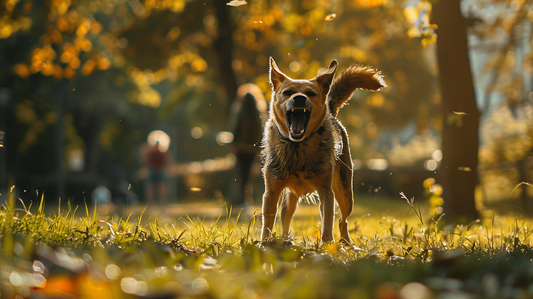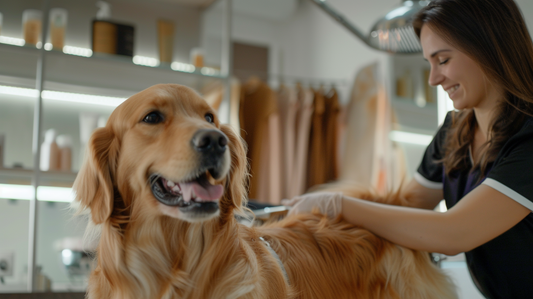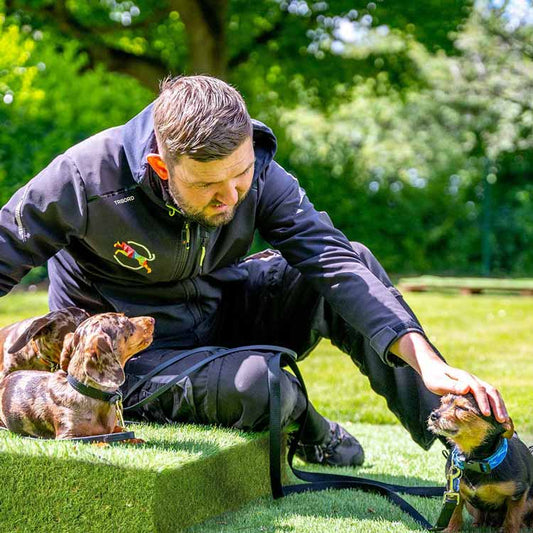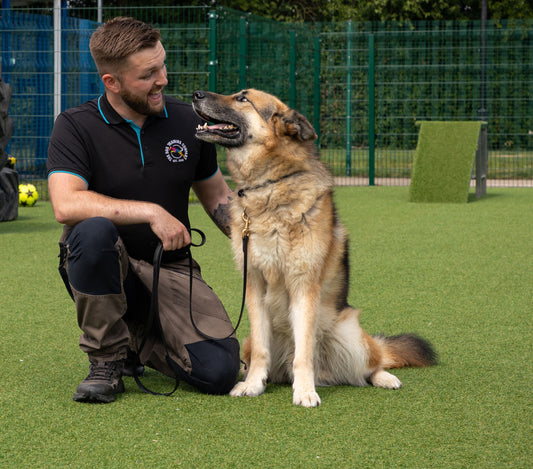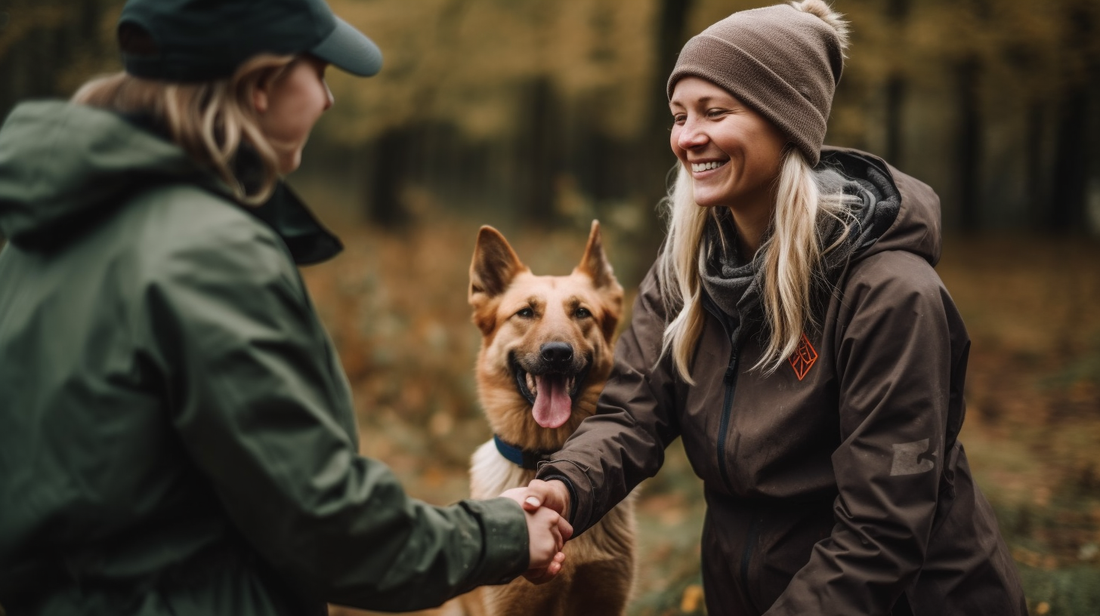
Why Is Commitment to Training Your Dog So Important?
Introduction
Dogs are human’s best friend, but owning one comes with responsibility. Training your dog is essential for its well-being and the safety of others around them. However, many dog owners underestimate the importance of committing to dog training. In this article, we’ll delve into why commitment to training your dog is so crucial and how it can benefit both you and your furry friend.
The Benefits of Dog Training
Better Communication
Training your dog can help improve communication between you and your pet. You can teach your dog commands that it can understand, which makes it easier for you to communicate with them. By learning commands such as sit, stay, and come, you can have better control of your dog, especially in public spaces.
Increased Safety
Dogs that are not well-trained can pose a safety hazard to themselves and others. Dogs that run away or do not respond to their owner's commands can get lost, hurt or cause accidents. With proper training, your dog can learn to behave appropriately in different settings. It will be easier to keep your dog safe and avoid potential dangers. Learn more about the increasing number of dog bites in the UK.
Reduced Behavioural Problems
Training your dog can help reduce common behavioural problems, such as barking excessively, chewing things they shouldn't, and biting. Dogs that are not trained can be frustrating and difficult to manage. They may become aggressive or destructive, causing damage to your property or injuring people. If you have a rescue dog, you may be interested in our article on rescue dog training.
Bonding with Your Dog
Training your dog can be a great way to bond with your pet. It's an opportunity to spend quality time with your dog and develop a strong relationship. Dogs that are well-trained are more likely to feel secure and happy, leading to a stronger bond between you and your pet. Following the top 10 tips for a thriving dog can further strengthen your bond.
The Importance of Commitment
Consistency is Key
Training your dog requires consistent and repetitive practice. A single training session is not enough to teach your dog new behaviours. You must commit to training your dog every day, even if it's just for a few minutes. The more consistent you are, the faster your dog will learn and retain the training. If you need help with training, check out our dog training services.
Patience and Perseverance
Training your dog can be a challenging task, and it requires patience and perseverance. It's essential to remain calm and positive during the training process, even when your dog makes mistakes. It's normal for dogs to take time to learn new commands, so don't get discouraged if your dog doesn't respond immediately. If you need guidance on costs, read our article on how much does dog training cost.
Training is a Continuous Process
Training your dog is not a one-time event. It's a continuous process that requires ongoing commitment. As your dog grows and matures, you will need to adjust and reinforce its training to meet its changing needs. Consistency and commitment to training are critical for maintaining your dog's good behaviour. For more insights on dog training, you can explore our dog training blog.
Conclusion
Commitment to training your dog is essential for your dog's well-being and safety. It requires consistency, patience, and perseverance, but the benefits are worth the effort. A well-trained dog is a happier and healthier dog that can better communicate with you and behave appropriately in different settings. By committing to training your dog, you can strengthen your bond with your furry friend and provide them with a better life.
FAQs
When should I start training my dog?
It's best to start training your dog as early as possible. Puppies can start training as early as eight weeks old.
How long does it take to train a dog?
The time it takes to train a dog depends on the dog's breed, age, and temperament. It can take weeks or even months to train a dog. Be patient and consistent, and your dog will eventually learn.
What if my dog is too old to train?
Dogs of any age can be trained, but it may take longer to teach an older dog new behaviours.
Can I train my dog myself, or do I need a professional trainer?
You can train your dog yourself with patience, consistency, and the right tools. However, professional trainers can be helpful, especially for dogs with behaviour issues. Explore our training services for more information on how we can help.
What should I do if my dog is not responding to training?
If your dog is not responding to training, it's essential to assess the training techniques you're using. It may be necessary to adjust your training methods or seek professional help. Consider reaching out to our team of experts for guidance.
Can I train my dog without treats?
While treats are a common way to train your dog, they are not the best way. Positive reinforcement can also involve verbal praise, toys, or other rewards that your dog enjoys.
How often should I train my dog?
Training your dog should form part of every day, and be a mindset rather than a time limit, is essential for consistency and effective training.
What if my dog has behavioural problems?
If your dog has behavioural problems, it's important to address them before starting training. Professional help may be necessary to address certain behaviour issues, such as aggression or fear. Contact our team of experts for assistance with behavioural problems.

